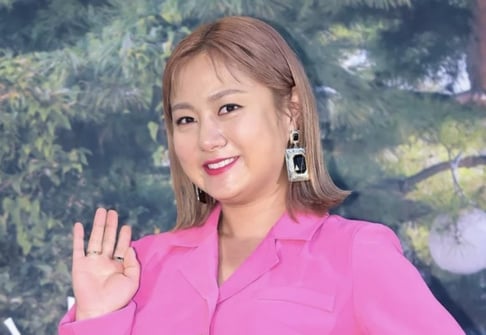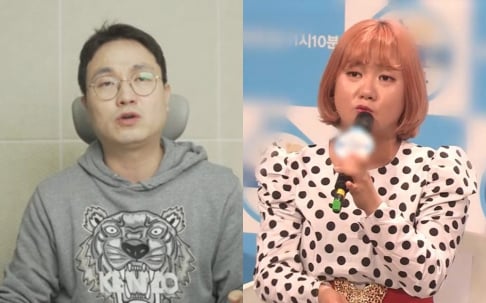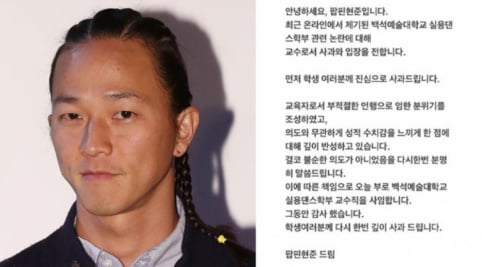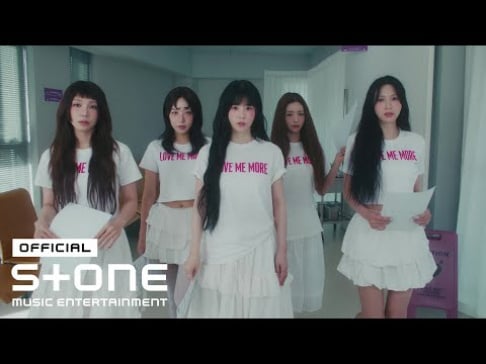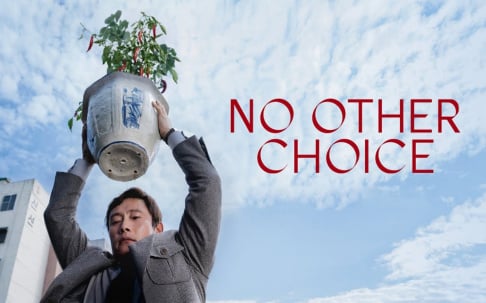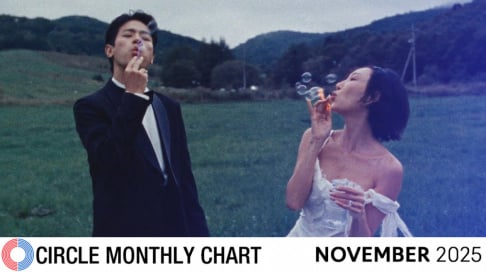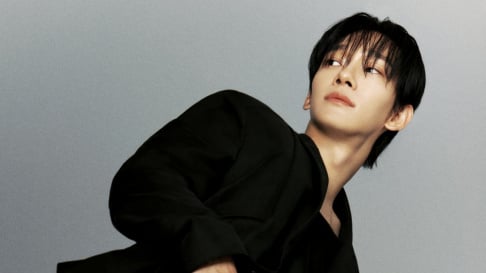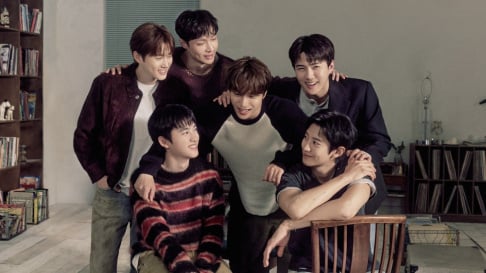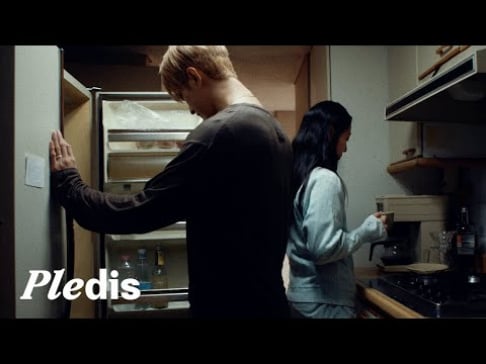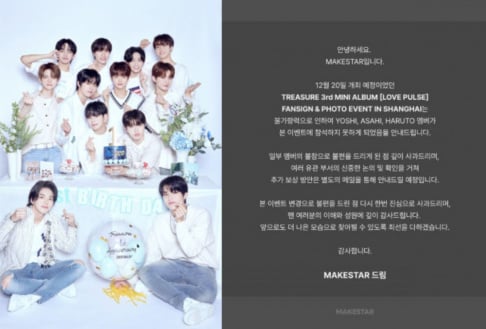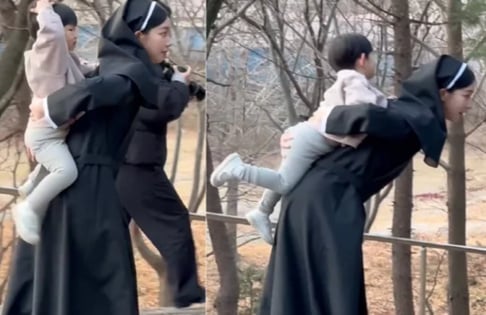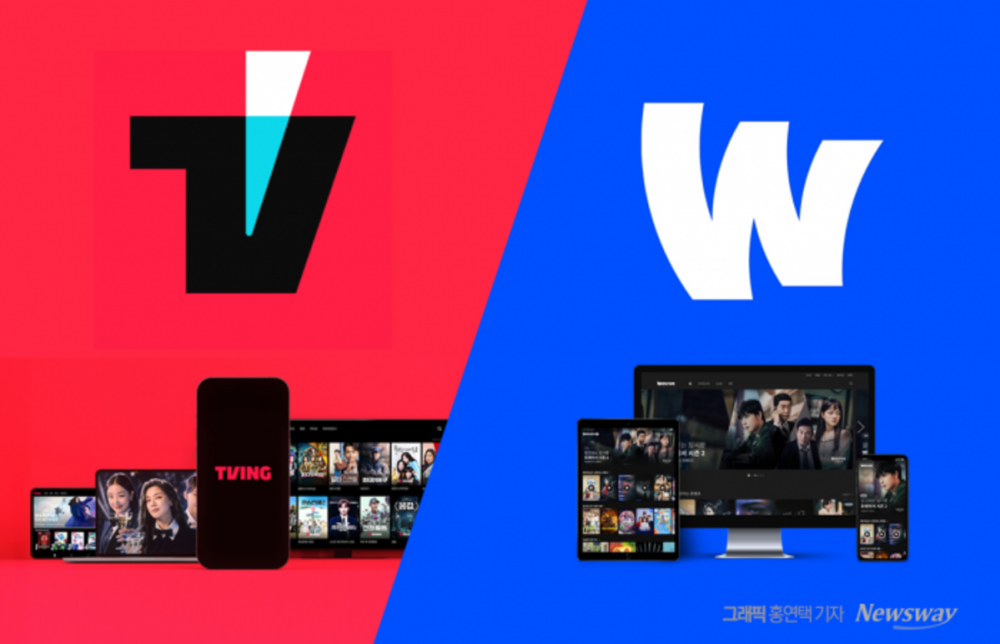
On June 10, South Korea’s Fair Trade Commission (FTC) conditionally approved the merger of domestic streaming platforms TVING and Wavve. The approval comes with a key requirement: both services must maintain their current subscription pricing until the end of 2026.
The FTC ruled that if TVING and Wavve integrate into a single service, they must introduce new subscription plans that closely resemble their existing ones in terms of pricing and service offerings. These plans must remain unchanged until December 31, 2026.
Additionally, existing subscribers will be allowed to continue using their current plans. Even if a subscriber cancels their plan after the launch of the merged service, they must be permitted to re-subscribe to the same plan within one month.
The FTC justified these conditions by citing concerns over reduced competition in the OTT market. As of 2024, Netflix led the South Korean streaming market with a 33.9% share, followed by TVING (21.1%), Coupang Play (20.1%), and Wavve (12.4%). The merger would reduce the number of major domestic streaming services from four to three, potentially increasing pricing power.
The commission also noted that TVING and Wavve hold exclusive content, such as live broadcast channels and Korean professional baseball coverage, which could limit subscribers’ ability to switch to competing services.
The decision to enforce price stability until the end of 2026 was influenced by factors such as the expiration of TVING’s exclusive mobile broadcasting rights for Korean professional baseball at the same time.
Despite concerns about market dominance, the FTC determined that CJ ENM (TVING’s parent company) is unlikely to block content supply to rival OTT platforms, and SK Group (Wavve’s parent company) is unlikely to use bundled sales with telecom services to exclude competitors.
In November 2024, CJ ENM and TVING signed an agreement with Wavve, allowing TVING executives to hold key positions on Wavve’s board. The merger was officially reported to the FTC in December 2024.
SEE ALSO: Rapper Jvcki Wai raises dating violence claims as Bang Dal denies allegations
 SHARE
SHARE










